In Arcadia, the director David Graham Scott explores a little-heard side of the renewable energy debate, focusing on a family for whom preservation and conservation of existing natural resources are of central importance. His film is simultaneously a topical exploration of two types of ecological thought, and a picturesque portrait of a distant region of Scotland, still untouched by urban development.
Conservation versus renewable energy: an ecological battle brewing in Scotland
Director: David Graham Scott
Producer: James Alcock
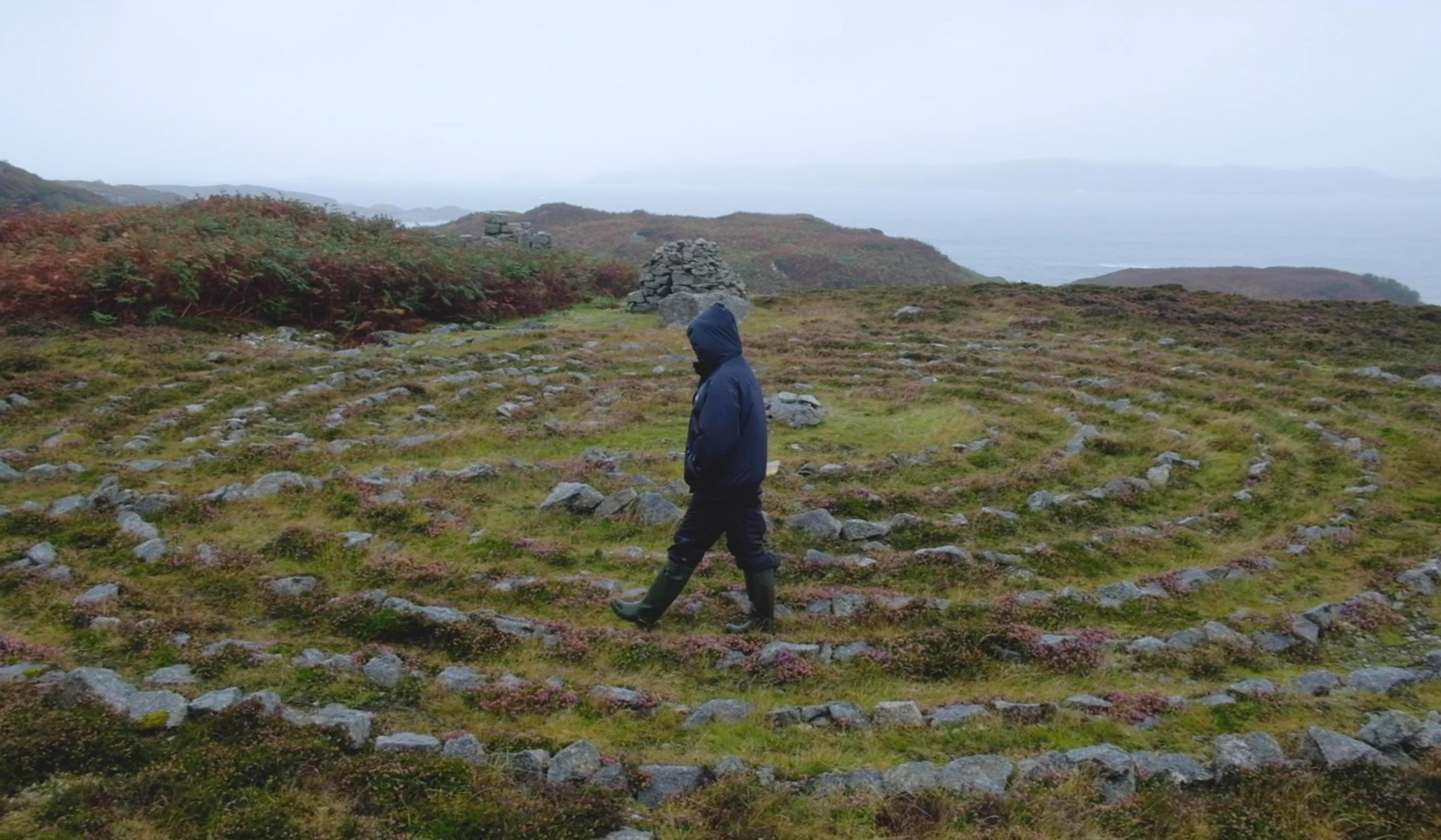
videoSubcultures
Living off-grid on a remote Scottish island is a mix of rejection and acceptance
13 minutes
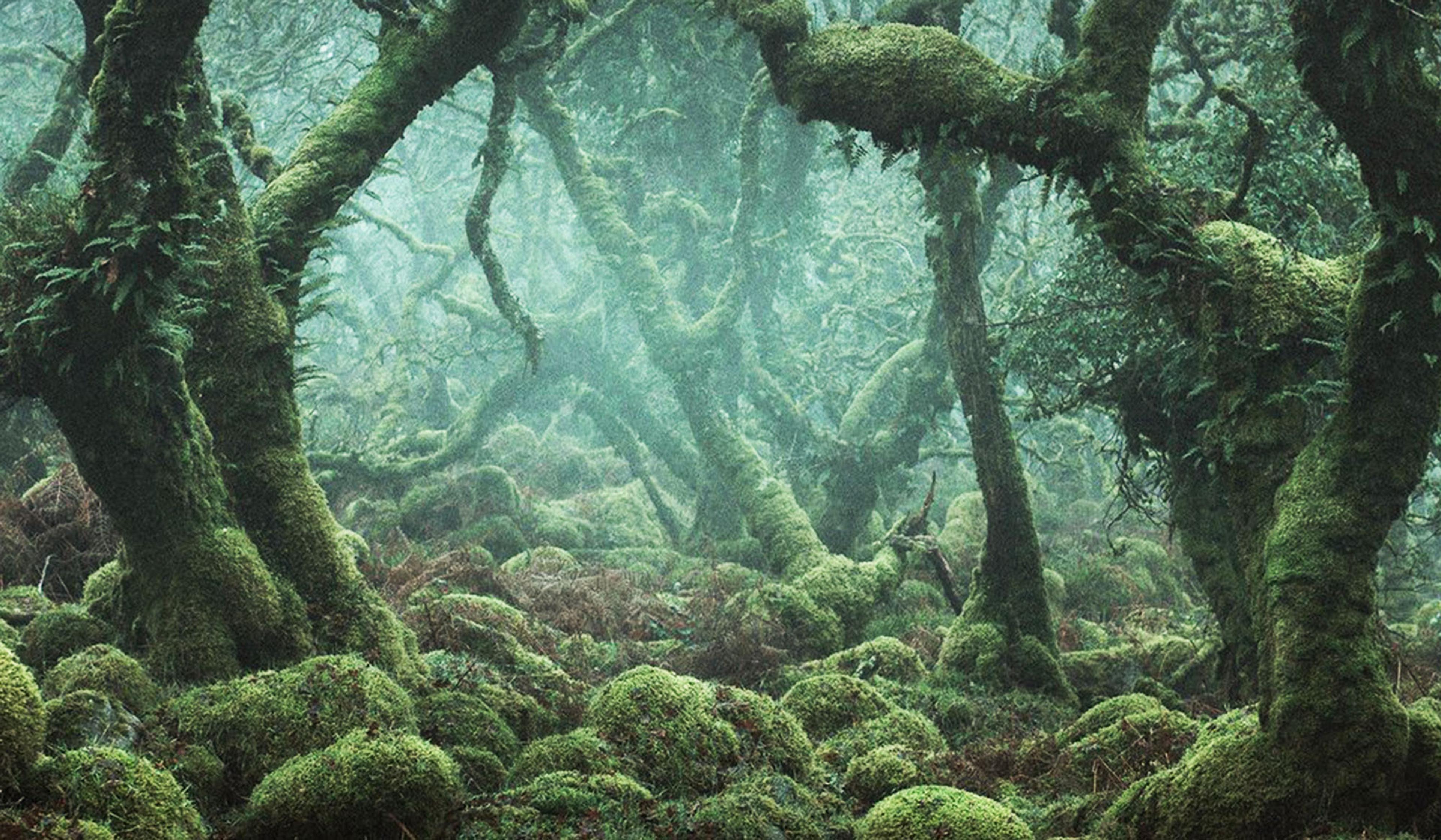
videoEcology and environmental sciences
In an ancient English rainforest, John creates charcoal and cultivates growth
12 minutes

videoAnimals and humans
One man’s quixotic quest to bring American bison to his Scottish homeland
16 minutes

videoThe environment
How do you save an endangered redwood forest? Making your home in the treetops
13 minutes
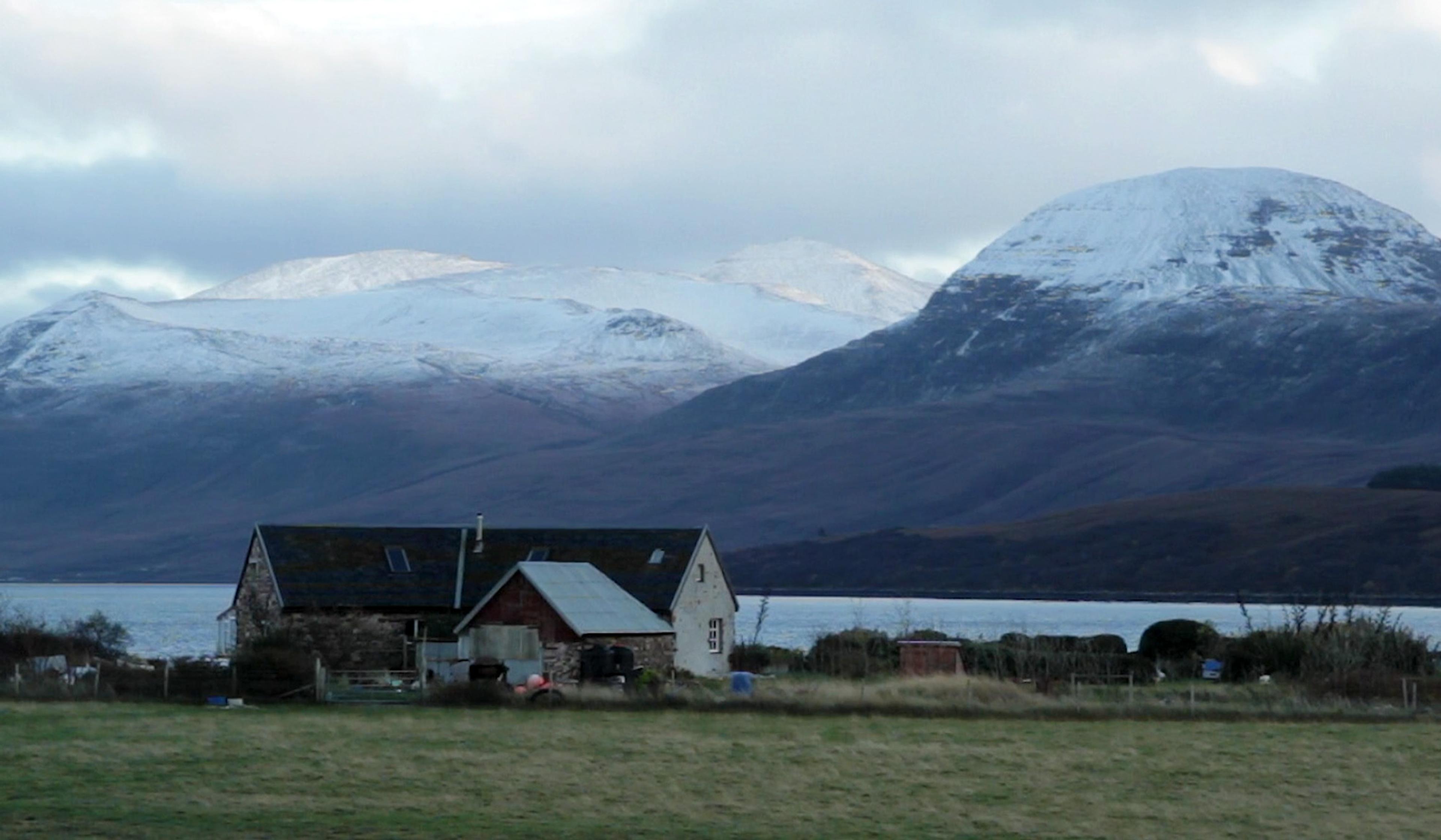
videoHome
Eccentrics, artists and Luddites find community on a remote Scottish peninsula
26 minutes
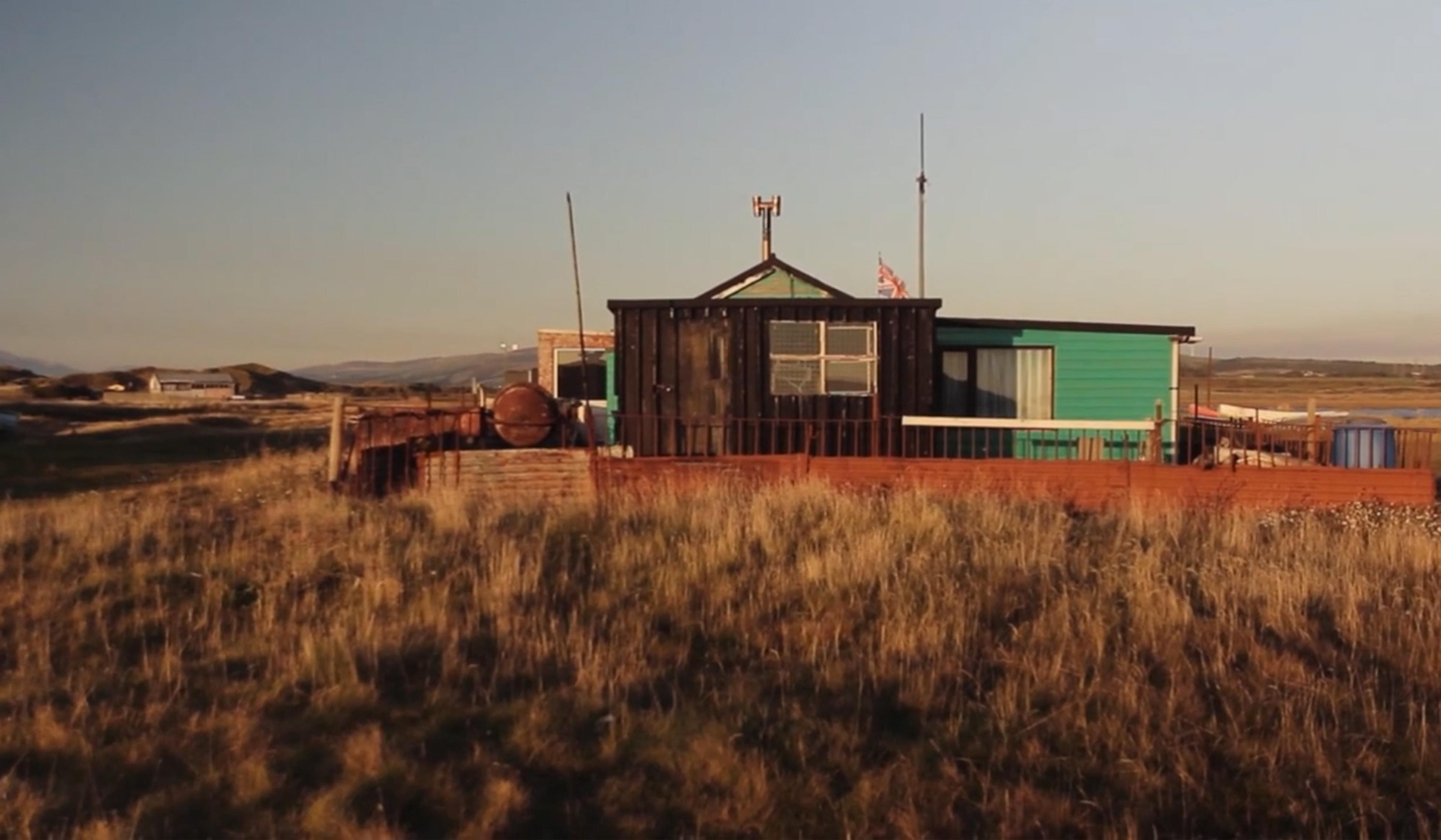
videoArchitecture
A world of shacks and shanties is a place of makeshift beauty on England’s margins
12 minutes

videoKnowledge
Why it takes more than a lifetime to truly understand a single meadow
11 minutes
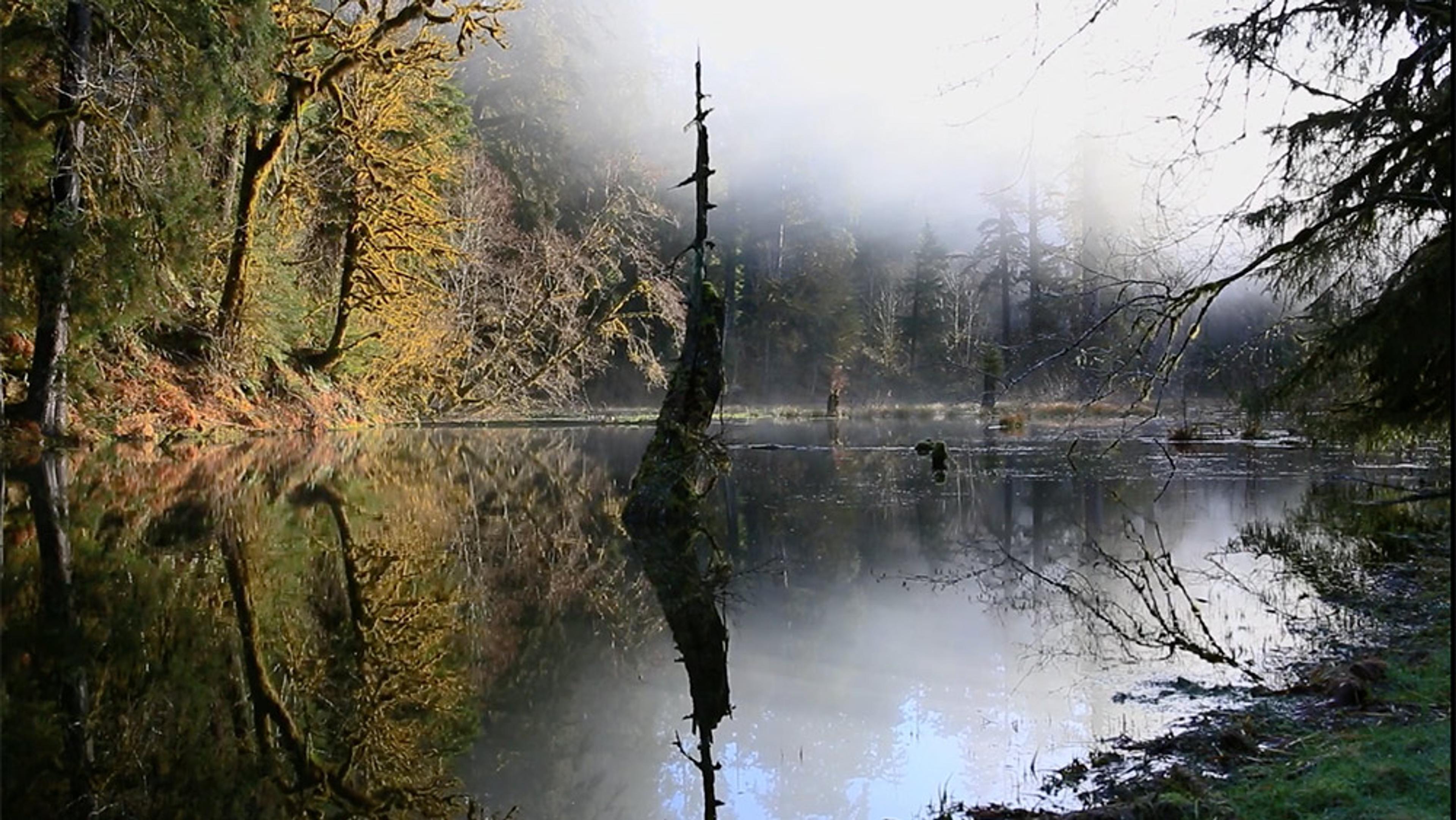
videoNature and landscape
Preventing the all-consuming sound pollution of modern life starts with listening to nature
10 minutes

videoMusic
Forgotten songs and memories: Scottish folklore is on the brink of being lost
15 minutes